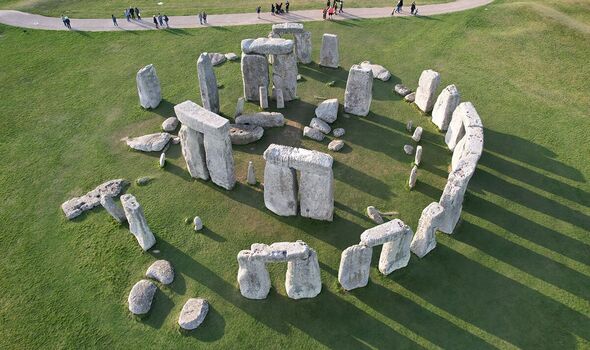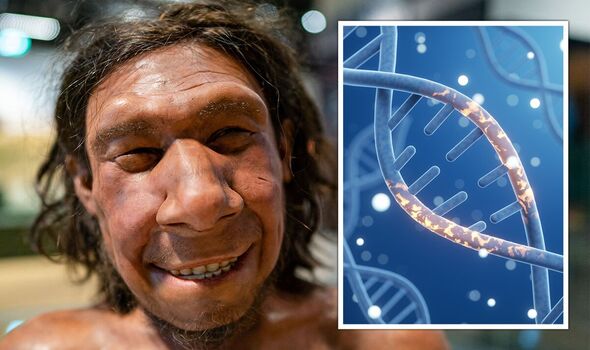
Sport’s new school of soft knocks
September 9, 2014US efforts to track Islamic extremists reportedly hampered by disputes with Europe
September 9, 2014On 18 September, the people of Scotland will vote on whether their nation should separate from the United Kingdom and become independent. With the margin of victory now expected to be razor-thin, the debate among researchers is growing more strident over whether independence will ring in a golden era for Scottish science—or cripple it for years to come.
Researchers opposed to independence say a split will harm science, depriving it of funds and talent. “There’s no clarity at all. We have no idea where our research funding will be coming from,” says Richard Cogdell, director of the Institute of Molecular, Cell and Systems Biology at the University of Glasgow. “Yes” campaigners counter that the Scottish government has vowed to protect science during the transition and to maintain funding at least at current levels. “Scotland is a rich country. We want to do it and we can do it,” says Bryan MacGregor, head of physical sciences at the University of Aberdeen.
Sorting out the competing claims is hard because of the complex daisy chains connecting Scottish research and the U.K. system. Following the devolution of some powers to Scotland in 1999, the Scottish government became responsible for education and universities. As in the rest of the United Kingdom, university research has several income streams: Lab overheads are supported by grants to institutions from the Scottish Funding Council, project grants are provided by seven research councils which operate U.K.-wide, and additional funding comes from industry, research charities, and the European Union.
A strong science record is at stake. Five of Scotland’s 15 universities are in the top 200 worldwide—that’s more elite universities per capita than in any other country. In 2012 to 2013, Scottish university researchers won 13.1% of the grant funding from the U.K. research councils, even though Scotland accounts for only 8.3% of the U.K. population. They had similar success in other areas, winning 11.2% of the U.K. grants from the E.U. Seventh Framework Programme, for instance.
According to the “No” campaign and the U.K. government, which opposes independence, an independent Scottish government would have to create a new grant funding system and stump up £307 million to match Scotland’s research council take in 2012 to 2013. The U.K. government has also said that it could not guarantee scientists in an independent Scotland access to research facilities in England, such as the Diamond synchrotron and the ISIS neutron source. The fate of the few U.K. facilities north of the border, including the U.K. Astronomy Technology Centre and the Roslin Institute, where Dolly the sheep was created, would be up in the air. U.K.-based charities like the Wellcome Trust have indicated that they would need to review their support for research in what would become a foreign country.
Meanwhile, it’s uncertain whether an independent Scotland would automatically be a member of the European Union—as the Scottish government asserts—or be forced to apply as a new member. That ambiguity is worrisome, says astrophysicist Avery Meiksin of the University of Edinburgh, because “more and more funding in physics and astronomy is coming from European grants.” And Scotland would have to pony up to join international research organizations such as CERN, the European Space Agency, the European Southern Observatory, and the European Molecular Biology Laboratory.
A divorce could also threaten international collaborations and the ability to attract research talent to Scotland, opponents say. The Guardian reported last month that Scottish universities are bracing for a brain drain of top talent if Scotland secedes. “If we can’t attract people, how will we recover?” Cogdell asks.
Proponents of independence paint a very different picture. To prevent independence from equating to isolation for scientists, the Scottish government proposed in April a “common research area” with the United Kingdom, with shared research councils funded by both U.K. and Scottish taxpayers. That idea would require the U.K. government to agree, however, and taxpayers in the south are unlikely to accept researchers in an independent Scotland winning as large a share of the funding pot as they do now. It is one of several issues that would only be resolved in negotiations following a “Yes” vote.
Even if Scotland remains in the United Kingdom, science is in for a rough ride, MacGregor warns. He points out that whatever party wins the U.K. general election in 2015 must take drastic action to reduce the national debt. “We’re heading for more cuts and the science budget won’t be protected,” he contends. Independence, he says, would allow Scottish researchers to dodge that bullet.



